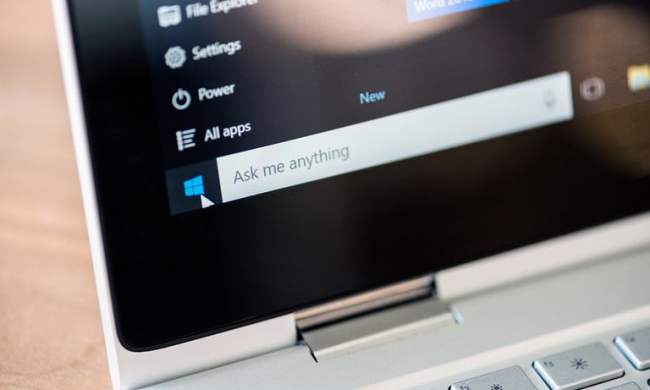
Online storage service Dropbox—popular for its seamless mobile and desktop client software—accidentally disabled password authentication on its service for four hours yesterday. Although Dropbox says less than one percent of its 25 million accounts were accessed during that time, the gaffe does mean that all users’ content—potentially including email, documents, photos, videos, passwords, and more—were exposed to the whole Internet until Dropbox corrected the issue.
According to Dropbox CEO Arash Ferdowsi, Dropbox began rolling out a code change just before 2PM PDT on June 20 that exposed an issue in Dropbox’s authentication system that would enable logins without a correct password. Dropbox found the problem four hours later and severed all active connections to the service, re-instating normal authentication.
“We’re conducting a thorough investigation of related activity to understand whether any accounts were improperly accessed,” Ferdowsi wrote. “If we identify any specific instances of unusual activity, we’ll immediately notify the account owner.” The company says that all accounts logged in during the period should now have received an email message with additional security information.
The gaffe follows controversial changes to Dropbox’s privacy policy and re-statement of its content encryption process, which have sparked a complaint to the Federal Trade Commission. Dropbox has characterized the complaint as meritless.
Dropbox’s authentication failure highlights some of the risks of cloud-based storage: while users appreciate the convenience and elegance of Dropbox storage and being able to access it cleanly from a number of devices and services, the bottom line is that users are trusting their data to third parties, and operational glitches seem all too common the burgeoning cloud world.


